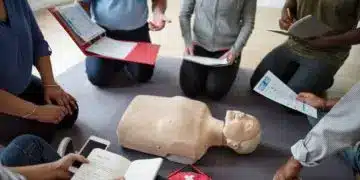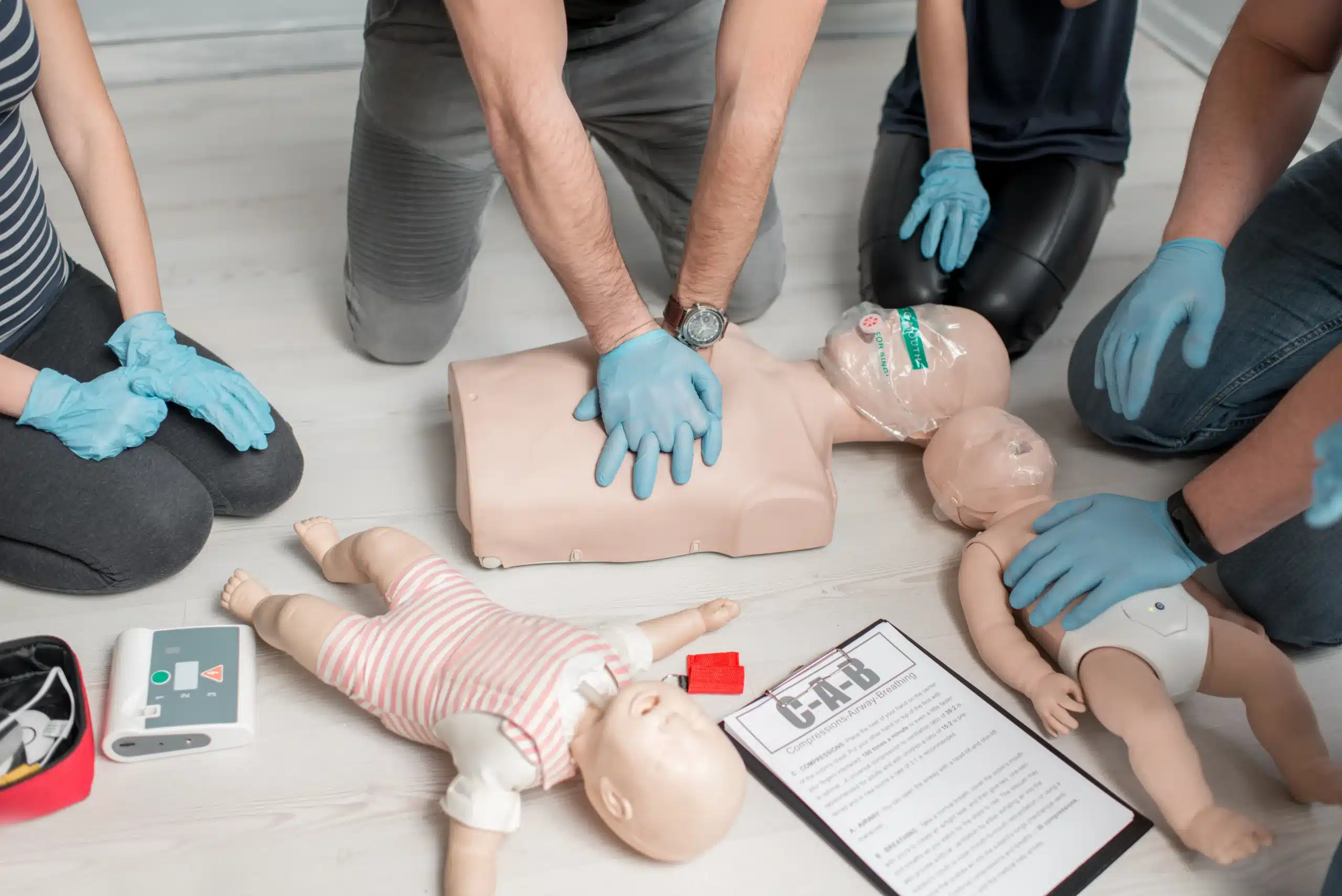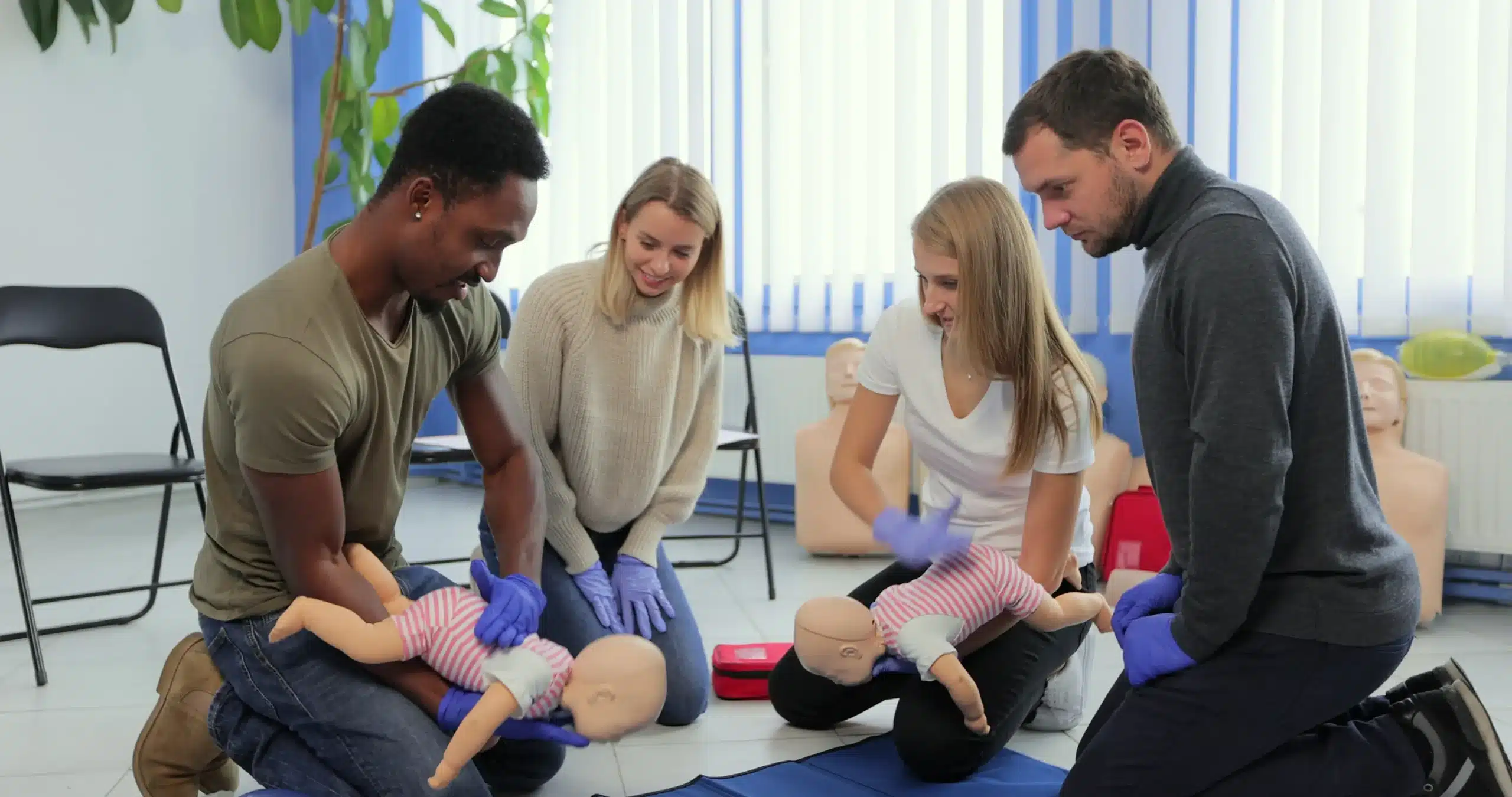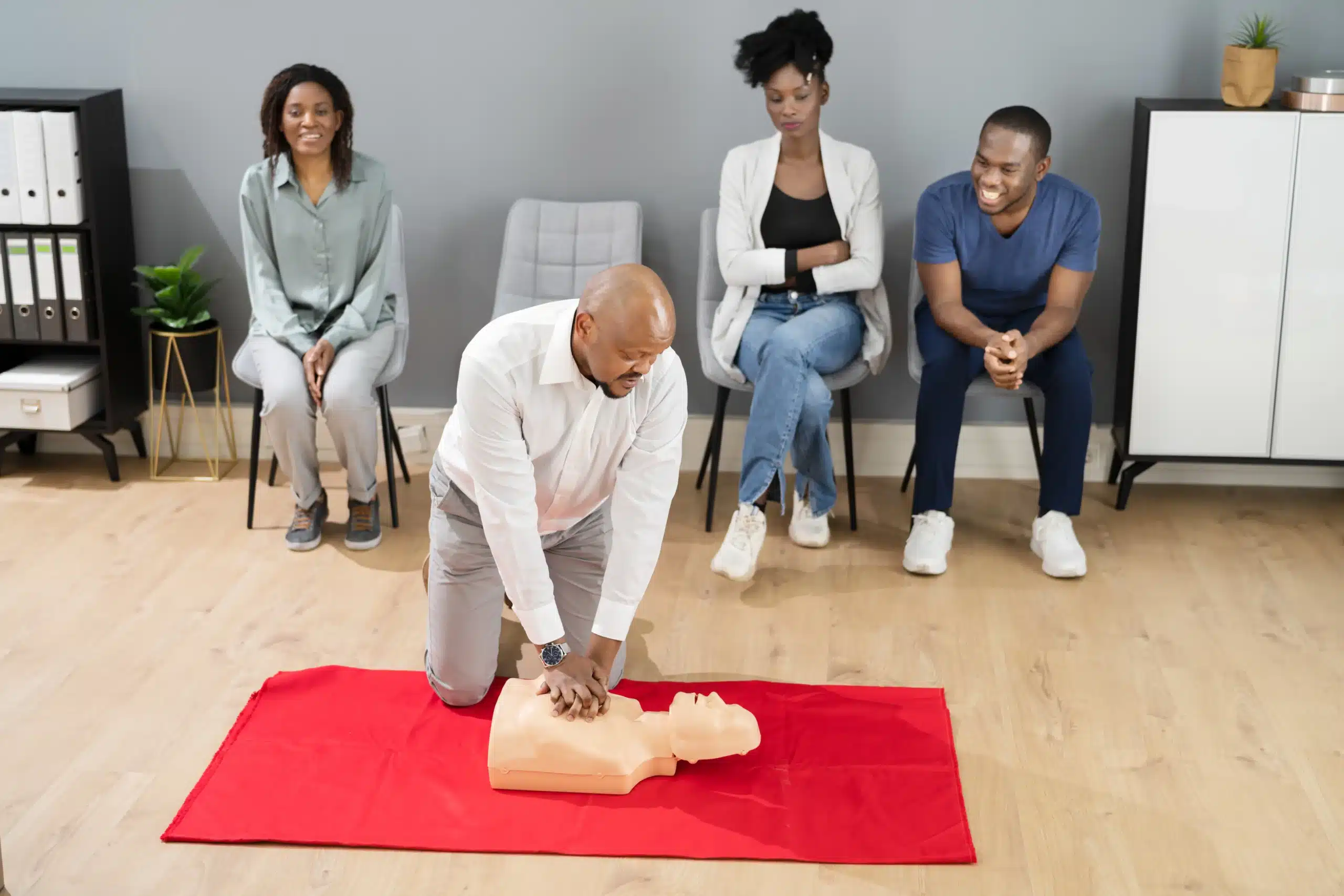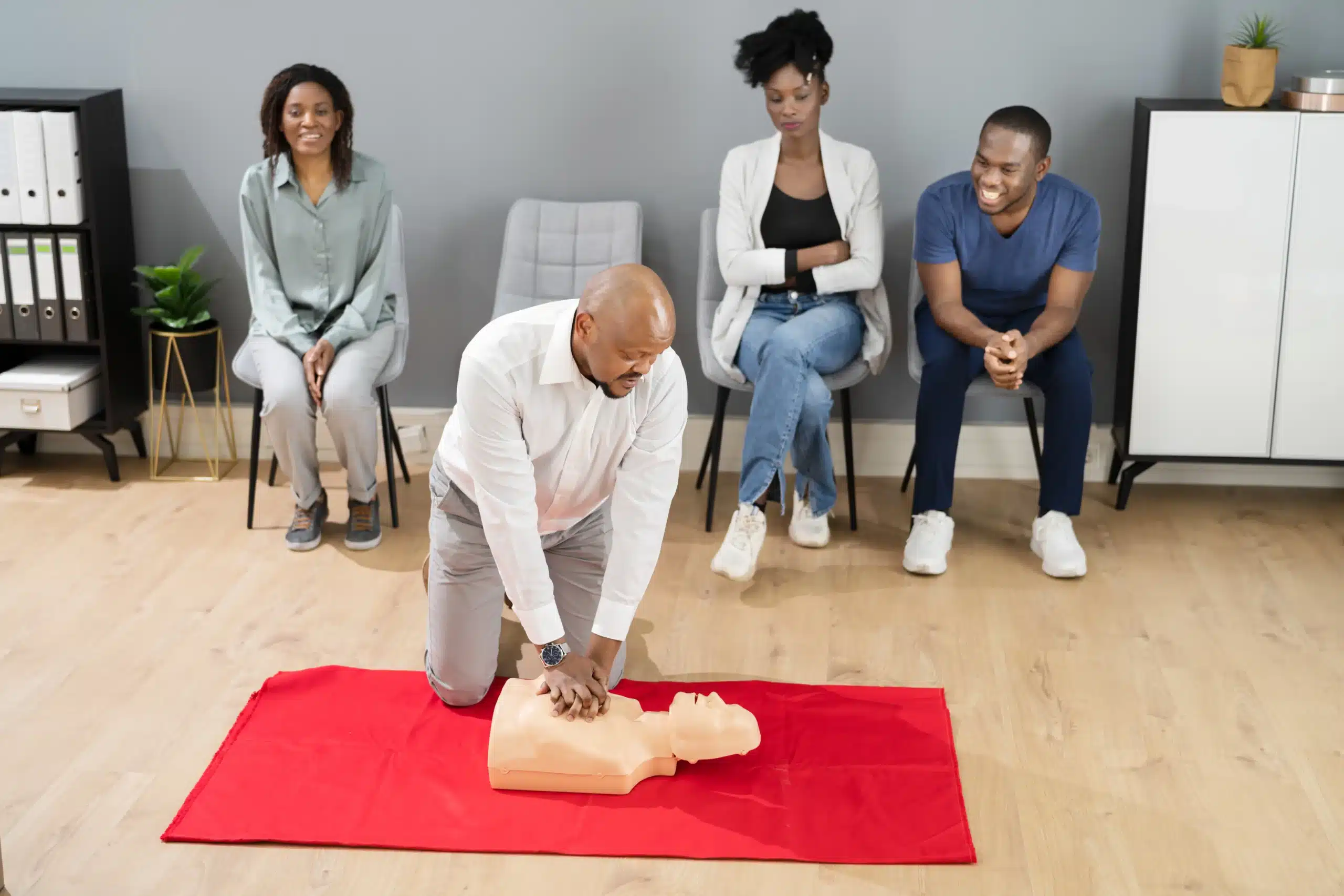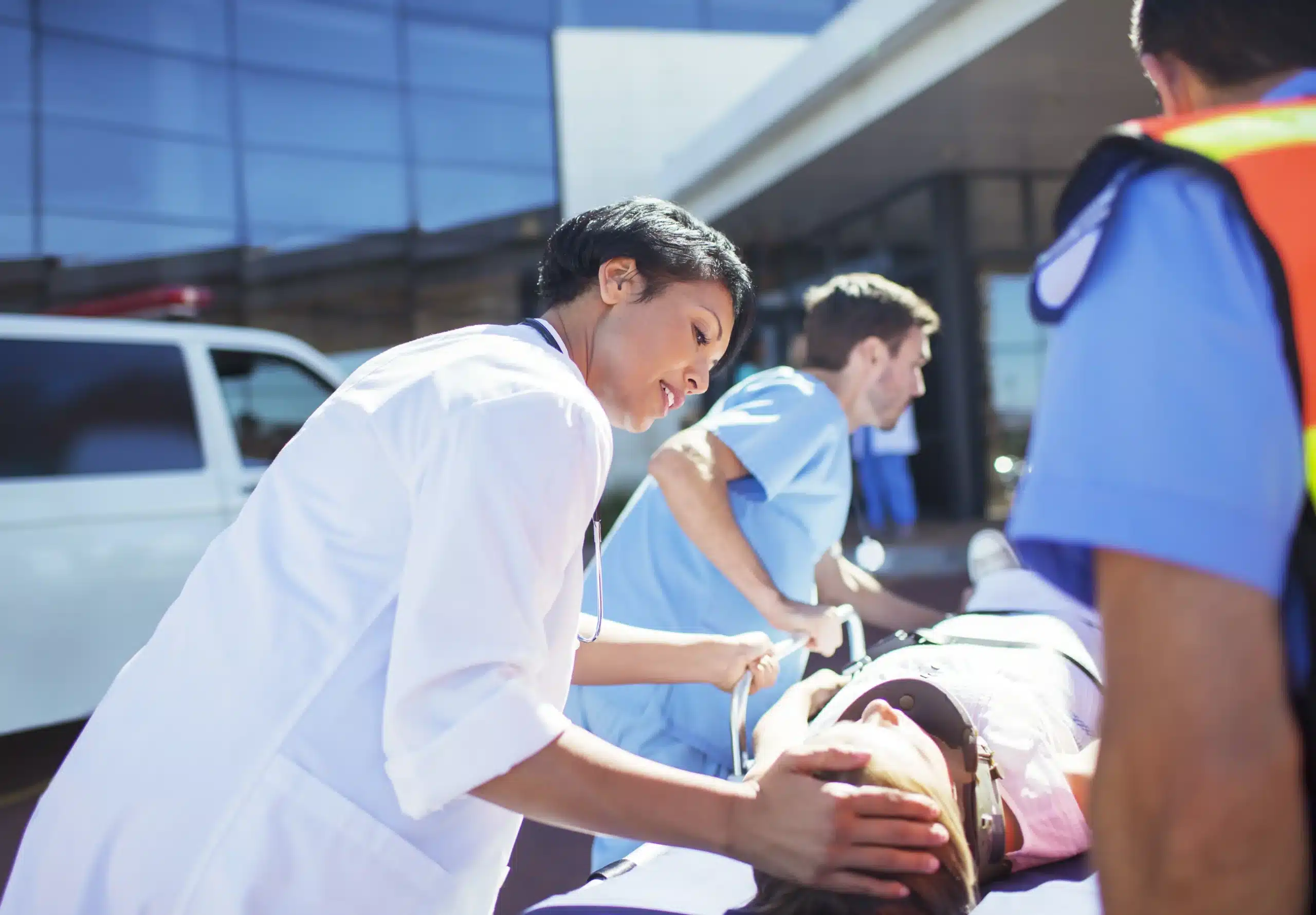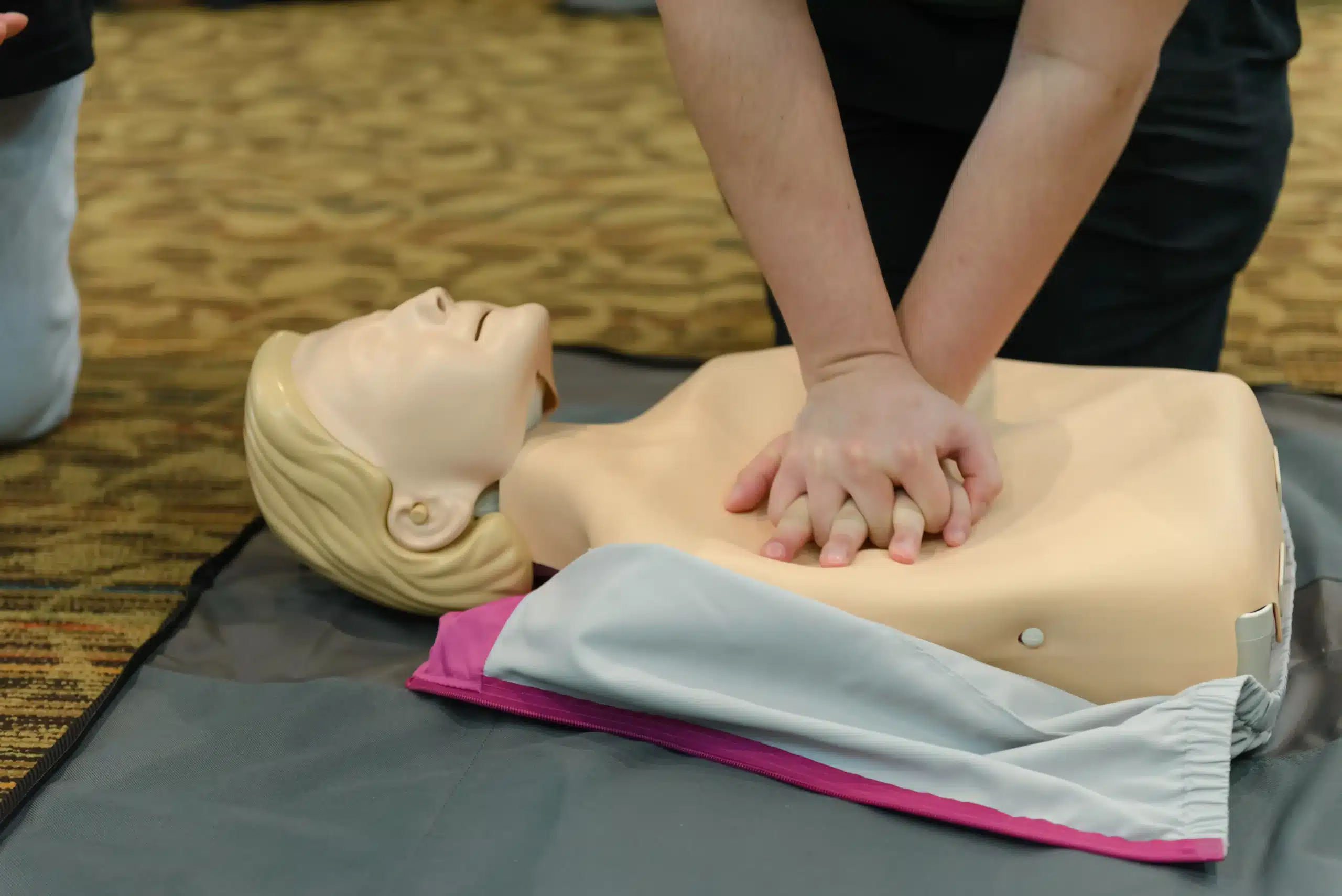For healthcare workers, having a valid Basic Life Support (BLS) certification is essential. Not only does it ensure that you are up-to-date on current best practices for patient care and resuscitation, but it also ensures that you are properly prepared to deal with any emergencies that may arise. So, what exactly is BLS certification? Let’s break it down.
What is Basic Life Support?
Basic Life Support (BLS) consists of techniques used to provide basic life support during a medical emergency. The goal of BLS is to keep the patient alive until more advanced medical care can be administered. This includes CPR, AED (automated external defibrillator), and other interventions such as chest compressions and rescue breathing. It also involves providing oxygen if necessary and assessing the vital signs of the patient such as their pulse rate and respiratory rate.
Why is BLS Certification Important?
To practice basic life support, healthcare workers must have a valid certification from an accredited organization. This ensures that they have been trained in the latest best practices for providing basic life support services. Additionally, having a valid BLS certification demonstrates that the healthcare worker has a certain level of competence and knowledge required to safely provide these services to patients in need.
Who Needs BLS Certification?
Healthcare workers who interact directly with patients should be certified in basic life support. This includes doctors, nurses, paramedics, EMTs, pharmacists, nursing assistants, dentists, medical transcriptionists, medical office staff members and any other individuals who work in the healthcare field. It is important for all healthcare workers to have this knowledge so they can act quickly if a patient experiences an emergency situation within their facility or practice setting.
How to Get BLS Certification?
The process for obtaining your BLS certification varies depending on where you live; however, most states require healthcare workers to complete an approved course before they can receive their certification card. After completing the course, they must then submit proof of completion to receive their certificate from the appropriate authorizing body. Most courses will include both classroom instruction and hands-on practice with an instructor leading the way through simulations or actual scenarios so that healthcare workers are fully prepared for any situation they may face when providing basic life support services.
By obtaining your Basic Life Support (BLS) certification, you are demonstrating your commitment to excellence in providing quality patient care during emergencies. Not only does this ensure that you are up-to-date on current best practices for resuscitation and emergency procedures, but it also shows potential employers or colleagues your dedication to patient safety and high standards of care. With valid BLS certification in hand, you can confidently go forth into any medical setting knowing that you have all the tools necessary to provide lifesaving assistance if needed!
BLS Certification Classes at Safety Training Seminars
Are you looking for a way to become certified in Basic Life Support (BLS) quickly and affordably?
Look no further than Safety Training Seminars! Our courses cover all the necessary material, plus provide hands-on training so you can have confidence in your skills.
With Safety Training Seminars, you’ll have access to quality instructors, comprehensive materials and a quick path to becoming certified in BLS. You won’t find an easier or more cost-effective way to take the test.
Sign up for a BLS certification course at Safety Training Seminars today and start your journey towards becoming certified!

